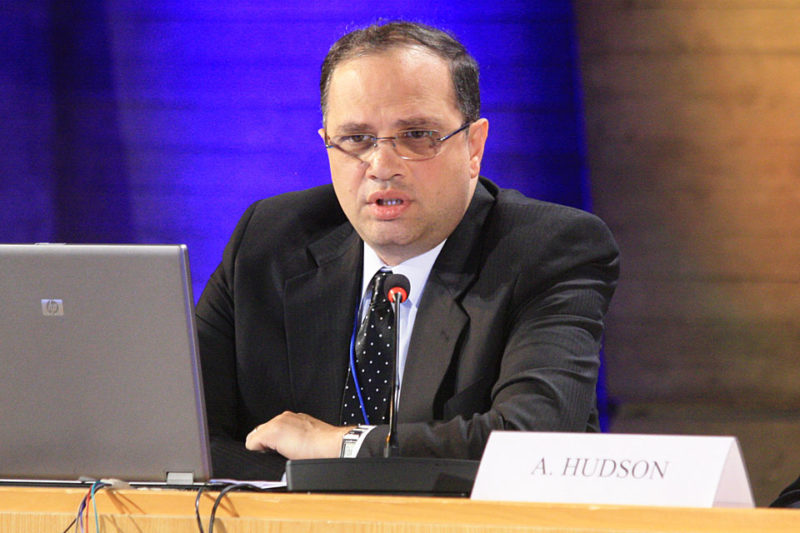A new UN report says that health risks related to climate change are on the rise worldwide. At the same time, coordinated international responses can help prevent some of the worst impacts of climate change on health.

Youssef Nassef, Director of the Adaptation Programme of the UNFCCC secretariat, says: “The report clearly highlights the need for the UN and partners to continuously strengthen their actions to support governments to build climate resilience, including measures to protect human health.”
The report will be presented to governments during the next round of climate change negotiations to be held in Bonn from May 8 to 18, 2017.
It was prepared in collaboration with countries, the World Health Organisation (WHO) and other relevant expert organisations, under the Nairobi work programme − UN Knowledge-for-Action Climate Resilience Network. Below follows an overview of the report’s main findings.
The report shares at least five major insights:
- Certain groups have higher susceptibility to climate-sensitive health impacts owing to their age (children and elderly), gender (particularly pregnant women), social marginalisation (associated in some areas with indigenous populations, poverty or migration status), or other health conditions like HIV. The socioeconomic costs of health problems caused by climate change are considerable.
- Many infectious diseases, including water-borne ones, are highly sensitive to climate conditions. A main concern in both developed and developing countries was the increase in and increased geographical spread of diarrhoeal diseases, the report found.
- Climate change lengthens the transmission season and expands the geographical range of many diseaseslike malaria and dengue. For example, the conditions for dengue transmission are likely to expand significantly across the globe
- Climate change will bring new and emerging health issues, including heatwaves and other extreme events. Heat stress can make working conditions unbearable and increase the risk of cardiovascular, respiratory and renal diseases. Additionally, it is estimated that 22.5 million people are displaced annually by climate or weather-related disasters, and these figures are expected to increase in the future. Climate-induced human mobility has a socioeconomic cost and can affect mental and physical health.
- Malnutrition and undernutrition were highlighted as a concern for a number of developing countries in Africa, Asia and Latin America, which discussed the impacts of climate change on food security, particularly in relation to floods and drought.
The report highlights inspiring examples of adaptation solutions for health worldwide:
- The Climate Adaptation Management and Innovation Initiative of the Word Food Programme develops climate-induced food insecurity analyses and practices to inform programming and decision-making. The initiative focuses on16 countries across Asia, the Middle East, and Eastern, Central and Northern Africa.
- In France, the Tiger Mosquito Surveillance Network monitors the tiger mosquito’s movements.
- The Smart Health Facilities Initiative and Smart Hospitals Toolkit is being implemented through the Pan American Health Organisation in the Caribbean with the aim of supporting the governments of the selected countries to assess and prioritise vulnerability reduction investments in their health facilities.
- Some countries integrate health into their national adaptation plans (NAPs) and programmes. For example, Macedonia and six additional countries are part of an initiative of WHO and the German Federal Ministry for the Environment, Nature Conservation, Building and Nuclear Safety that brings health into adaptation plans.
- There are also a number of training and awareness-raising activities, including the Self-Learning Course on Climate Change and Health, developed by Mexico’s National Institute of Public Health in line with the joint Pan American Health Organisation/WHO Strategy and Plan for Action on Climate Change. The training aims at raising awareness and improving knowledge on the health effects of climate change among the general public and other sectors.
